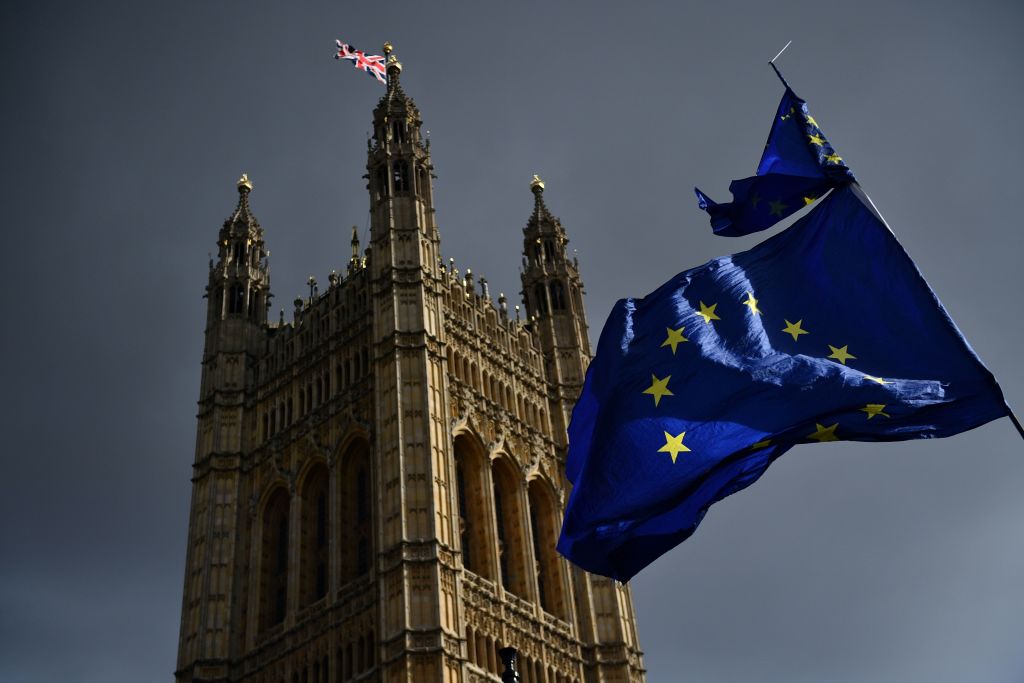
By: LakshmiPS
Across much of Britain’s former Asian colonies, many are greeting the UK’s impending departure from the European Union with a mixture of bafflement, apathy, amusement — and a touch of schadenfreude.
Britain long justified imperial subjugation by arguing Rule Britannia brought order, stability and shared prosperity — even after its retreat from colonialism birthed a host of troubled new nations still saddled with historical grievances and legacies to this day.
Now Brits face a chaos and internal division of their own making, alongside potential isolation and years of economic hardship — particularly if the UK crashes out with no deal on April 12.
“I was born and brought up in this British colony called Hong Kong and used to think that the Brits were a very sensible people,” remarked Claudia Mo, a pro-democracy lawmaker in the financial hub.
“I’ve been watching Brexit process as a former colonial person and it’s almost like a farce, it’s sadly funny, sadly amusing. I’m baffled as to why and how things got to where they are now. To outsiders it’s almost unthinkable,” she told AFP.
Mo, 62, came of age politically during a turbulent period for her birthplace sparked by Britain’s colonial legacy — the 1997 handover of Hong Kong to China.
Unlike Brexit, Hong Kongers had no say in their future and many were desperate to obtain British passports in case the handover unleashed chaos.
Many youngsters, Mo said, are still looking for opportunities overseas given Beijing’s increasingly authoritarian grip, but they may be less inclined to opt for Britain.
“I think their first choices here are more likely Australia and Canada,” she remarked.
In India, Sreeram Chaulia, dean of the Jindal School of International Affairs, said many regard Brexit as the latest chapter in what has been a “sharp decline in the place Britain commands as a great power”.
“They are not a gold standard to look up to,” he said. “We get a feeling of a sinking ship and everybody wants to leave a sinking ship.”
India’s economy is set to overtake the UK’s later this year.
“The UK will then become a middle power. It is like a reversal of scale,” he noted.
Students at Bangladesh’s Dhaka University offered mixed views on what Brexit might mean.
Syed Tahsin said he hoped the relationship between the two countries might be “more positive than ever before” given Britain has vowed to strengthen bridges with Commonwealth countries.
But others fretted that the anti-immigrant sentiment which fuelled the leave vote would make Britain less welcoming to overseas visitors and the Bangladeshi community already there.
“Brexit itself is a policy of white supremacists,” lamented student Aishwarya Proma, adding she feared it will “just push more… immigrants (to) go back to their countries.”
While Brits and Europeans may have been engrossed by the unceasing weekly drama of Brexit, many further afield admitted that they were more preoccupied by local issues.
“The Brexit issue and the wider conversations about democracy seem far removed from daily life in Sri Lanka, where we are all consumed with our own dysfunctional politics,” Dharisha Bastians, chief editor of the Sunday Observer newspaper, told AFP.
Nationalist Sri Lankan legislator Udaya Gammanpila regarded that disinterest as a good sign.
“We are no longer preoccupied with British politics. We are slowly getting over our colonial mentality,” he said.
Given its cultural and linguistic links, Australians have followed the Brexit drama perhaps more closely than any other former colony.
Nick Miller, Europe correspondent for the Sydney Morning Herald and The Age newspapers, noted there was “immediate interest” from readers.
“The sight of a country deliberately throwing away a close, mutually beneficial partnership, wilfully damaging its economy and influence on a point of cultural principle, was a surprise,” he wrote.
Though he noted Britain hardly had a monopoly on political dysfunction.
“We’ve changed prime ministers six times in the past 11 years, only twice as the result of an election,” he wrote.
Others have opted for humour.
A “Brexit Yoga” video by Australian comic Sammy J — featuring postures such as “Rising Nationalism”, “Instant Regret” and “Downward Facing Economy” — went viral last month on Facebook racking up some 5.4 million views.
Singaporean economics student Linus Yeo said he was keen to look for silver linings.
“Feels like the perfect time to take a holiday in the UK,” he told AFP. “The pound is probably going into freefall.”
Meanwhile Tanmay, a freelance cameraman in New Delhi, joked Brexiters could learn some patience from India.
“I am not surprised Brexit is taking a long time,” he said. “The British took ages to leave here too.”
(AFP)
